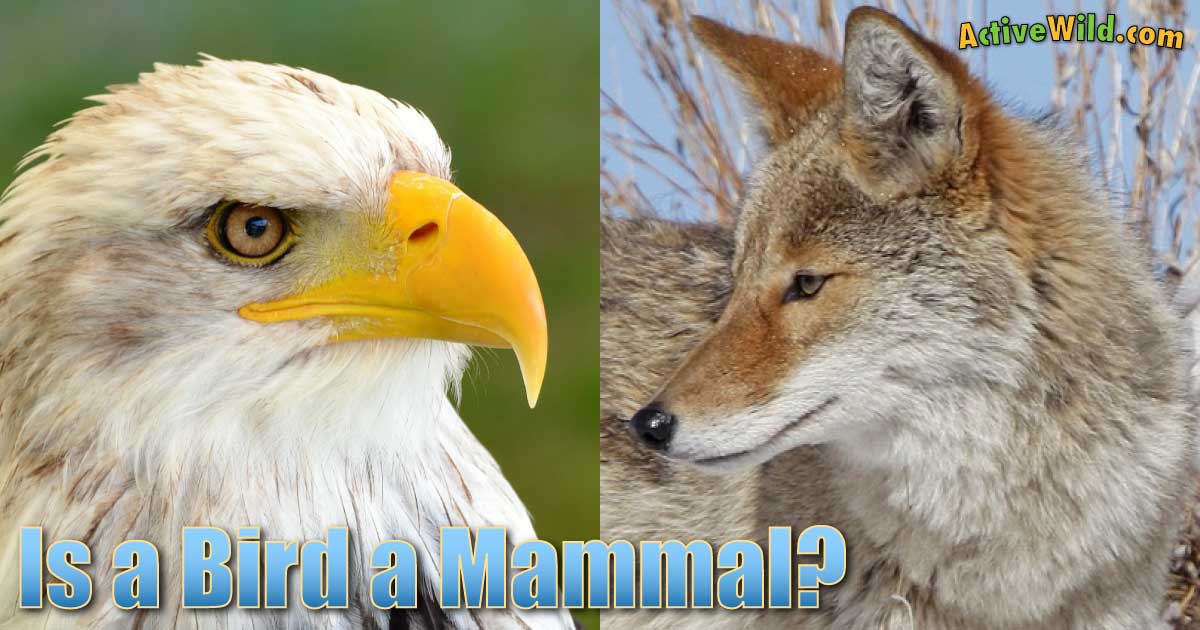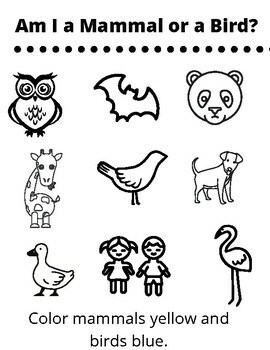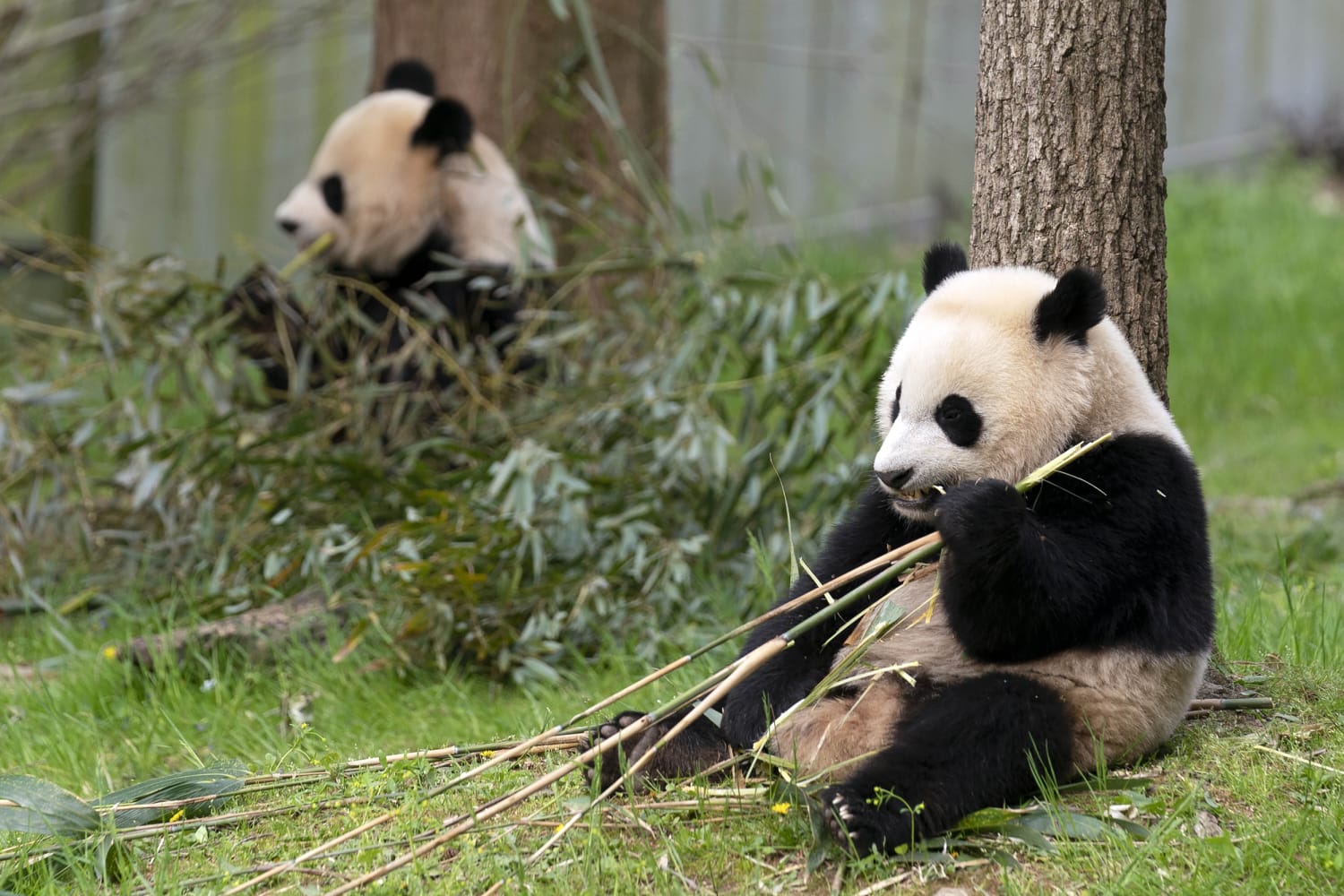Which Bird Is A Mammal
Which Bird Is A Mammal? Unveiling the Mysteries of Avian and Mammalian Classification
- Which Bird Is A Mammal? Unveiling the Mysteries of Avian and Mammalian Classification
- Introduction to Avian and Mammalian Differences
- Overview of Mammalian Features
- Birds: Feathers, Flight, and Physiology
- Why No Bird Can Be A Mammal
- Common Misconceptions and Clarifications
- Exploring the Evolutionary Link
- Table: Key Differences Between Birds and Mammals
- Conclusion: Embracing the Diversity of Life
Introduction to Avian and Mammalian Differences
When considering the vast diversity of life on Earth, the question arises: Which bird is a mammal? It's a query that reflects common misconceptions surrounding animal classification. To clarify, birds and mammals are distinct categories in the animal kingdom, each defined by unique physiological characteristics. This comprehensive article will explore the key differences between birds and mammals, and address why no bird can be accurately called a mammal.
Overview of Mammalian Features
What Makes an Animal a Mammal?
Mammals belong to the class Mammalia and are characterized by several defining features:

- Presence of mammary glands used for nursing their young
- Warm-blooded metabolism
- Growth of hair or fur for insulation
- Viviparous reproduction (giving birth to live young)
- Possession of a neocortex region in the brain
- Having three middle ear bones used for hearing
Birds: Feathers, Flight, and Physiology

Distinguishing Characteristics of Avian Species
Birds, on the other hand, are members of the class Aves and are known for their:
- Unique covering of feathers
- Toothless beaked jaws
- Oviparous reproduction (laying of hard-shelled eggs)
- Lightweight, rigid skeleton favorable for flight
- Ability to regulate body temperature (homeothermy)
Why No Bird Can Be A Mammal

The Biological Separation between Birds and Mammals
Given the fundamental differences in reproductive methods, body covering, and physiological traits, it is clear that there is no overlap between the two classes in terms of mammalian birds. Birds are not mammals; they are firmly within the Aves class.
Common Misconceptions and Clarifications
Debunking the Myths Surrounding Bird Classification
The notion that there might be a "mammalian bird" likely arises from certain birds displaying behaviors or characteristics reminiscent of mammals, such as:

- Flightless birds like the kiwi, which has sensory whiskers and a heavy, bone structure similar to mammals.
- Parental care in some avian species can be as intensive as that of mammals.
- Endothermic capabilities, which both birds and mammals share, enabling them to maintain constant body temperatures.
However, despite these similarities, the distinct classificatory boundaries remain intact, and scientifically no bird falls under the category of mammals.
Exploring the Evolutionary Link
Tracing the Ancestral Connection between Birds and Mammals
Both birds and mammals share a distant common ancestor, but they have long since diverged on the evolutionary tree. Understanding this can help us appreciate why despite some superficial resemblances, the two groups are taxonomically separate.
Table: Key Differences Between Birds and Mammals
| Trait | Birds (Class Aves) | Mammals (Class Mammalia) |
|---|---|---|
| Body Covering | Feathers | Hair or Fur |
| Reproduction | Egg-laying (Oviparous) | Live birth (Viviparous) |
| Nursing | None | Mammary Glands |
| Body Temperature | Warm-blooded | Warm-blooded |
| Ear Bones | One (Columella) | Three (Malleus, Incus, Stapes) |
| Bone Structure | Hollow Bones for Flight | Dense Bones |
| Metabolism | High Metabolic Rate for Flight | Variable |
Conclusion: Embracing the Diversity of Life
Recognizing the Unique Beauty of Birds and Mammals Alike
Mcdonalds Teacher Discount 2022
In summary, while the question "Which bird is a mammal?" can spark intriguing discussion, it's based on a false premise. No bird species fall under the mammalian umbrella. Instead, birds offer their own fascinating adaptations and roles in the world's ecosystems, separate from those of mammals. Our planet thrives on biodiversity, and it is through clear understanding and appreciation of each class' distinctness that we can fully celebrate the tapestry of life.
By emphasizing accurate scientific classification, and highlighting the rich diversity between birds and mammals, we encourage respect and conservation efforts for all species, understanding their importance in the delicate balance of nature.






